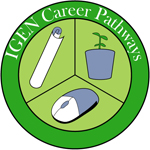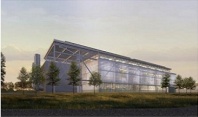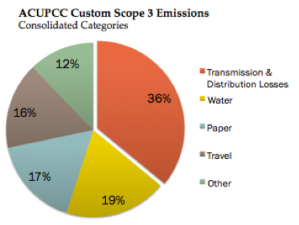Minority-serving Institution Signatories to the ACUPCC Strengthen Curriculum Component of their Climate Action Plans by Offering AMS Climate Studies
By James Brey, Director, AMS Education Program & Elizabeth Mills, Associate Director, AMS Education Program
(This article appears in the December, 2012 issue of The ACUPCC Implementer)
There has never been such a critical need for educating today’s undergraduates on Earth’s changing climate and pathways to sustainability. The footprints of climate change surround us – Arctic sea ice reached its record lowest extent in August 2012, the 10 warmest years in the global climate record have occurred since 1997, and global sea level continues to rise (1). Climate change is also predicted to increase the frequency of extreme weather events, which combined with sea-level rise, may lead to more natural disasters such as Superstorm Sandy (1, 2, 3).
It is imperative to develop a scientific workforce ready to tackle the challenge of climate change in light of the new energy economy and various societal and political factors. The National Science Foundation (NSF) underscores the need for increasing public literacy in the Earth System Sciences, including climate science literacy, and preparing a highly skilled scientific workforce reflecting the nation’s diversity (4, 5).
- Read more about Minority-serving Institution Signatories to the ACUPCC Strengthen Curriculum Component of their Climate Action Plans by Offering AMS Climate Studies







